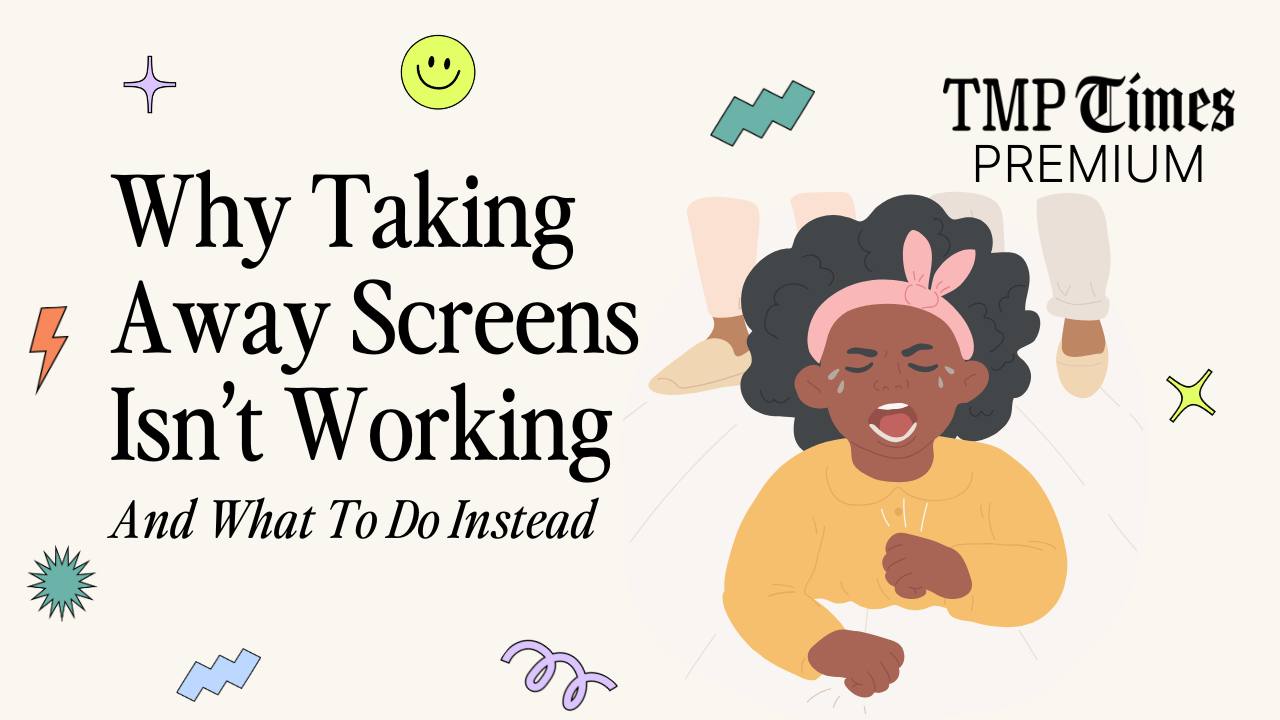From "I Can't" to "I'll Try": Building Resilience in Young Children


I've been thinking about you this week, especially those moments when you hear your little one throw their crayons across the room followed by "I CAN'T DO IT!" or watch them dissolve into tears at the first sign of a challenge.
These moments can feel so hard—both for them and for us as parents.
How do we help our children develop the resilience to keep trying when things get tough without pushing them too hard?
How do we balance supporting them while also helping them build that crucial "frustration tolerance muscle"?
I love the nuance and complexity of this topic and it’s exactly what we're diving into today.
By the end of this newsletter, you'll have practical tools to help your child move from "I can't" to "I'll try"—with strategies tailored for different ages and temperaments.

Understanding the "I Can't" Response
When your child says "I can't" or gives up quickly on a challenging task, what they're actually doing is trying to protect themselves from uncomfortable feelings.
This response isn't defiance or laziness—it's their developing brain's way of handling frustration.
For toddlers (ages 1-3), their prefrontal cortex (the brain's planning and problem-solving center) is just beginning to develop. When they encounter something difficult, they simply don't have the neurological equipment to manage their big feelings and keep trying simultaneously. What they need help with is building their frustration tolerance muscle, which is still very small at this age.
For preschoolers (ages 3-5), the "I can't" response often relates to their developing sense of competence. They're becoming more aware of success and failure, and some children become extremely sensitive to not doing things "right." What she's trying to do is protect herself from the disappointment of not meeting expectations (either yours or her own).
For early elementary children (ages 5-7), giving up behaviors can begin to solidify into fixed mindset patterns if not addressed. Comments like "I'm just not good at math" or "I'll never be able to ride a bike" signal they're starting to form beliefs about their abilities as fixed rather than growable. What he needs help with is understanding that abilities can improve with practice and that mistakes are part of learning.
I want to normalize that this is completely age appropriate. I’ll never forgot the day my 4-year-old had a total meltdown while trying to zip her jacket. This is par for the course in child development, and with the right support, these moments become opportunities to build resilience rather than reinforce giving up.




